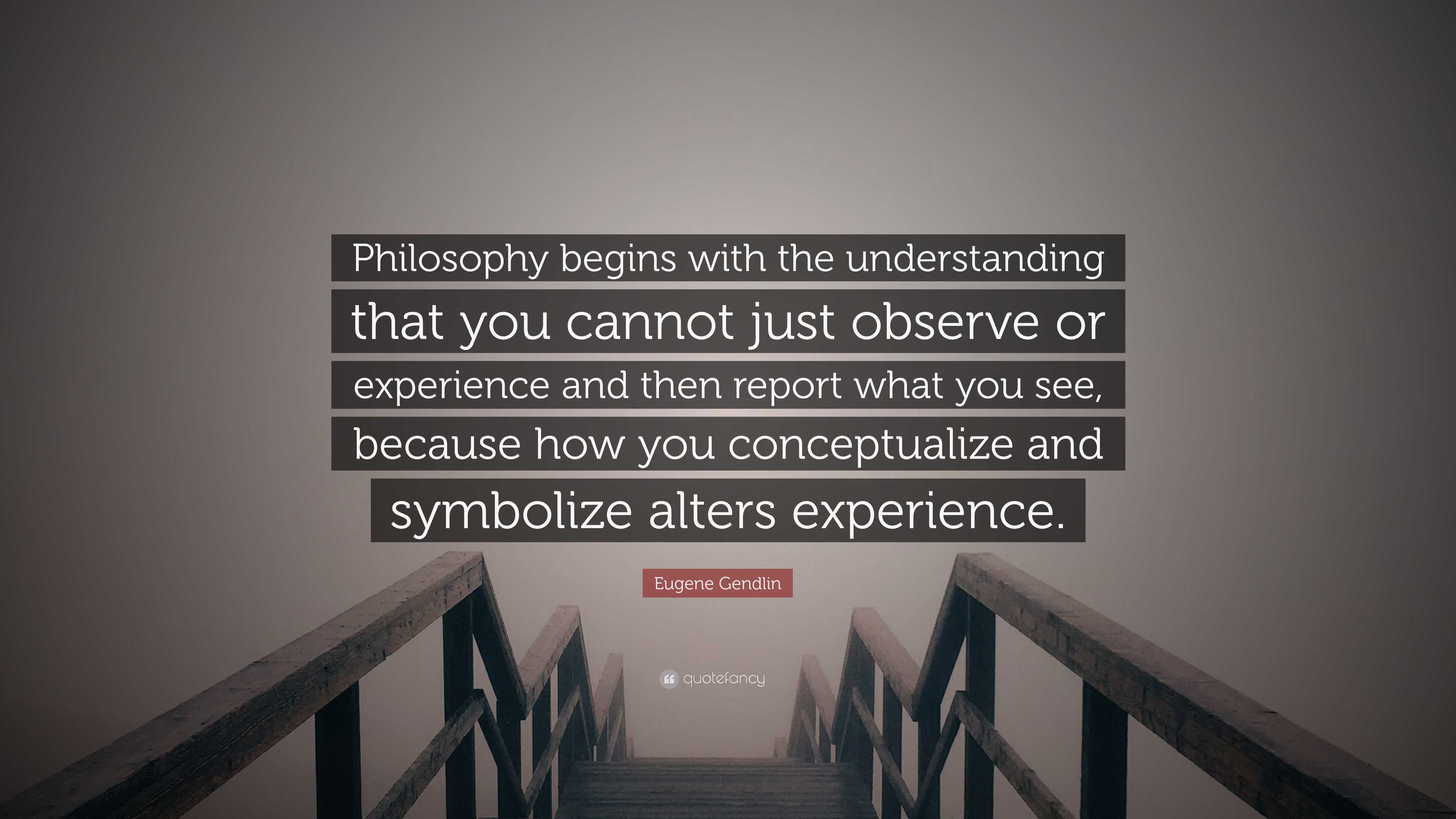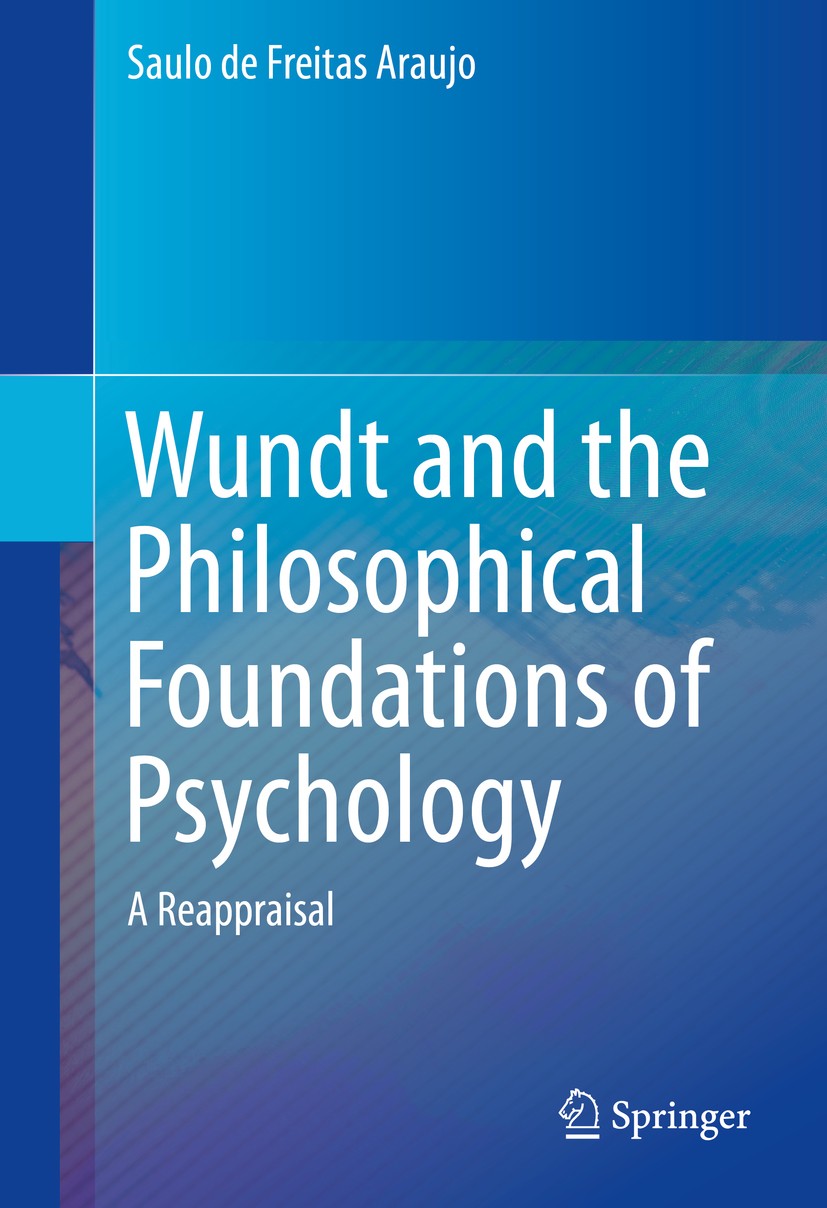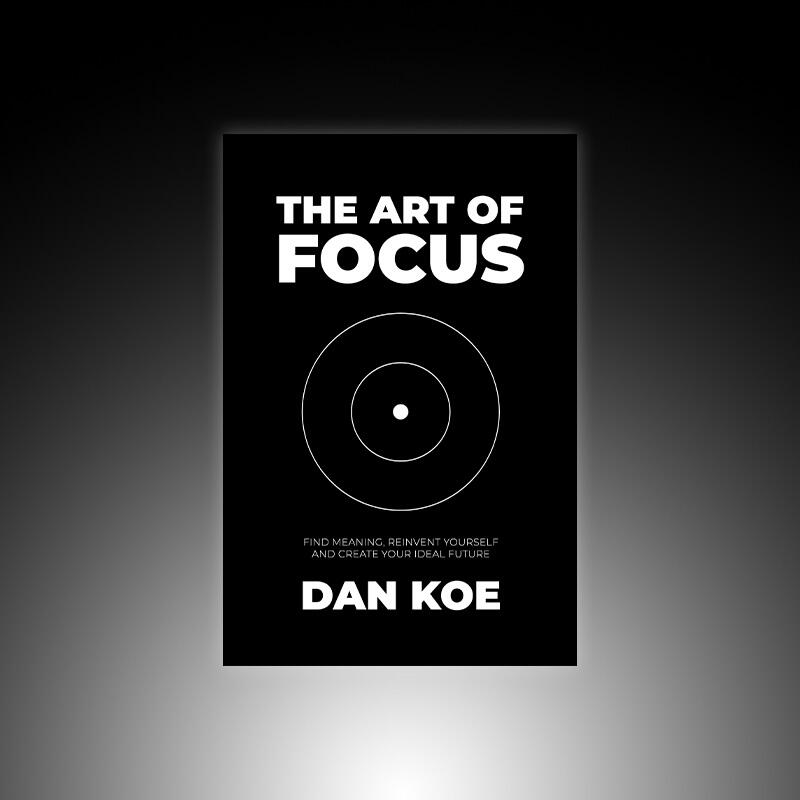mrbacara.com, 09 MEI 2025
Penulis: Riyan Wicaksono
Editor: Muhammad Kadafi
Tim Redaksi: Diplomasi Internasional Perusahaan Victory88
The philosophy of focusing on oneself and embracing silence as a tool for personal growth has gained significant traction in modern self-improvement discourse. The idea that “when you focus on yourself and stay silent, everything falls into place” encapsulates a powerful approach to life, emphasizing introspection, discipline, and strategic restraint. This concept draws from psychological principles, spiritual traditions, and practical wisdom, offering a roadmap for achieving clarity, purpose, and success without the distractions of external noise. In this detailed, accurate, and reliable article, we will explore the meaning behind this philosophy, its psychological and philosophical underpinnings, practical applications, real-world examples, and the transformative impact it can have on one’s life.
1. Understanding the Philosophy: Focus and Silence

At its core, the phrase “when you focus on yourself and stay silent, everything falls into place” suggests that by prioritizing personal growth and minimizing unnecessary external engagement, individuals can align their lives with their true goals and values. This philosophy is rooted in two key principles:
-
Focus on Yourself: This involves dedicating time and energy to self-improvement, self-awareness, and personal goals. It means prioritizing mental, emotional, and physical well-being over external validation or societal pressures. By focusing inward, individuals can identify their strengths, weaknesses, and aspirations, paving the way for meaningful progress.
-
Stay Silent: Silence here refers not only to verbal restraint but also to reducing mental clutter, avoiding drama, and refraining from oversharing or reacting impulsively. Silence allows for reflection, strategic thinking, and the cultivation of inner peace, enabling individuals to make deliberate choices rather than being swayed by external influences.
This philosophy aligns with various schools of thought, including Stoicism, Buddhism, and modern mindfulness practices, which emphasize self-mastery, detachment from external chaos, and intentional living.
2. Psychological and Philosophical Foundations

The idea of focusing on oneself and staying silent is supported by several psychological and philosophical frameworks:
2.1. Psychological Benefits of Self-Focus
Psychological research highlights the importance of self-focus for mental health and personal growth. According to self-determination theory (SDT), developed by psychologists Edward Deci and Richard Ryan, human well-being depends on fulfilling three basic needs: autonomy, competence, and relatedness. Focusing on oneself helps individuals cultivate autonomy (control over one’s life) and competence (mastery of skills and goals), which are critical for intrinsic motivation and fulfillment.
Moreover, studies on mindfulness, such as those published in Journal of Clinical Psychology (2020), show that practices like meditation and self-reflection enhance emotional regulation, reduce stress, and improve decision-making. By focusing inward, individuals can process their emotions, set clear boundaries, and develop resilience against external pressures.
2.2. The Power of Silence
Silence, both literal and metaphorical, has profound psychological benefits. Research from Frontiers in Psychology (2019) indicates that periods of silence can reduce cortisol levels, improve cognitive function, and enhance creativity. Silence allows the brain to process information, consolidate memories, and generate insights, which are essential for problem-solving and personal growth.
Philosophically, silence is a cornerstone of many spiritual traditions. In Stoicism, for example, philosophers like Marcus Aurelius advocated for restraint in speech and action, emphasizing that true strength lies in controlling one’s reactions. Similarly, Buddhist teachings encourage mindfulness and non-attachment, using silence as a tool to detach from ego-driven desires and external distractions.
2.3. Alignment with Flow State
The concept of “everything falls into place” resonates with the psychological concept of “flow,” introduced by Mihaly Csikszentmihalyi. Flow is a state of complete immersion in an activity, where time seems to disappear, and performance peaks. By focusing on personal goals and eliminating distractions (staying silent), individuals create the conditions for flow, allowing them to achieve their objectives with clarity and efficiency.
3. Practical Applications: How to Focus on Yourself and Stay Silent
Implementing this philosophy requires intentional actions and a shift in mindset. Below are practical steps to embody the principle of focusing on yourself and staying silent:
3.1. Cultivating Self-Focus
-
Set Clear Goals: Identify short-term and long-term goals that align with your values. Use frameworks like SMART (Specific, Measurable, Achievable, Relevant, Time-bound) goals to ensure clarity and direction. For example, instead of aiming to “be successful,” set a goal to “complete a professional certification by June 2026.”
-
Practice Self-Reflection: Dedicate time daily or weekly to journal, meditate, or reflect on your progress, emotions, and challenges. Tools like gratitude journals or apps like Headspace can facilitate this process.
-
Invest in Personal Growth: Engage in activities that enhance your skills, health, or knowledge. This could include reading, exercising, learning a new skill, or seeking therapy to address emotional barriers.
-
Prioritize Self-Care: Maintain physical and mental health through proper nutrition, exercise, sleep, and stress management. Studies show that regular exercise, for instance, boosts mood and cognitive function, supporting self-focused efforts.
3.2. Embracing Silence
-
Limit Social Media and External Noise: Reduce time spent on social media or engaging in gossip, as these can create mental clutter. A 2021 study in Computers in Human Behavior found that excessive social media use correlates with anxiety and reduced self-esteem.
-
Practice Mindful Communication: Before speaking or reacting, pause to consider whether your words add value. This aligns with the Stoic principle of speaking only when necessary and beneficial.
-
Create Quiet Spaces: Incorporate moments of silence into your routine, such as through meditation, walks in nature, or simply sitting in a quiet room. These moments foster clarity and reduce overstimulation.
-
Avoid Unnecessary Conflicts: Refrain from engaging in petty arguments or drama. Staying silent in such situations preserves energy and maintains focus on your goals.
3.3. Building Discipline and Resilience
-
Establish Routines: Create daily habits that support your goals, such as morning routines for productivity or evening rituals for reflection. Consistency builds discipline, which is essential for long-term success.
-
Learn to Say No: Protect your time and energy by declining commitments that do not align with your priorities. This reinforces autonomy and keeps you focused on your path.
-
Embrace Patience: Understand that meaningful change takes time. Staying silent and focused allows you to trust the process, knowing that results will manifest with persistence.
4. Real-World Examples: Success Through Focus and Silence
The philosophy of focusing on oneself and staying silent has been exemplified by numerous successful individuals across various fields:
-
Oprah Winfrey: Before becoming a global media icon, Oprah faced significant personal and professional challenges. She often speaks about the importance of introspection and tuning out external criticism to build her empire. Her practice of journaling and meditation helped her maintain focus and achieve clarity in her goals.
-
Elon Musk: Known for his intense focus on ambitious projects like Tesla and SpaceX, Musk has often avoided engaging with detractors, choosing instead to let his work speak for itself. His ability to stay silent amid criticism and focus on innovation has driven his companies to unprecedented success.
-
Serena Williams: The tennis legend has emphasized the importance of mental focus and ignoring external noise to achieve greatness. By concentrating on her training and performance, Williams won 23 Grand Slam titles, often overcoming public scrutiny and personal challenges.
-
Historical Figures: Figures like Mahatma Gandhi used silence as a tool for self-discipline and strategic communication. Gandhi’s practice of observing days of silence allowed him to reflect deeply and lead India’s independence movement with clarity and purpose.
These examples illustrate how focusing on personal growth and maintaining strategic silence can lead to extraordinary outcomes, aligning with the idea that “everything falls into place” when distractions are minimized.
5. Benefits of Focusing on Yourself and Staying Silent

Adopting this philosophy yields numerous benefits across personal, professional, and emotional domains:
-
Clarity of Purpose: By focusing inward, individuals gain a deeper understanding of their goals, values, and motivations, leading to more intentional decision-making.
-
Improved Mental Health: Silence and self-care reduce stress, anxiety, and burnout, fostering emotional resilience. A 2022 study in Nature found that mindfulness practices, including silence, significantly improve mental well-being.
-
Enhanced Productivity: Eliminating distractions allows for deeper focus, enabling individuals to achieve more in less time. This aligns with the Pareto Principle (80/20 rule), where 80% of results come from 20% of focused efforts.
-
Stronger Relationships: By staying silent in unnecessary conflicts and focusing on personal growth, individuals cultivate healthier, more authentic relationships based on mutual respect.
-
Personal Empowerment: Prioritizing self-improvement builds confidence and autonomy, empowering individuals to take control of their lives and destinies.
6. Challenges and How to Overcome Them
While powerful, this philosophy is not without challenges:
-
External Pressures: Society often encourages constant engagement, whether through social media, work demands, or peer expectations. Overcoming this requires setting firm boundaries and prioritizing personal time.
-
Self-Doubt: Focusing on oneself can lead to moments of insecurity or fear of missing out (FOMO). Journaling or seeking mentorship can help reinforce confidence in one’s path.
-
Impatience: The desire for instant results can undermine long-term focus. Practicing mindfulness and celebrating small wins can maintain motivation.
-
Isolation Risk: Staying silent should not lead to complete withdrawal. Balancing introspection with meaningful social connections ensures healthy relatedness, as per SDT.
To overcome these challenges, individuals can seek support from mentors, therapists, or communities that share similar values, while maintaining a commitment to their personal growth plan.
7. Cultural and Historical Context
The idea of focusing on oneself and staying silent has deep roots in various cultural and historical traditions:
-
Stoicism: Ancient Stoic philosophers like Seneca and Epictetus emphasized self-mastery and restraint, advocating for silence as a means to avoid rash actions and cultivate wisdom.
-
Buddhism: The practice of Vipassana meditation, which involves silent retreats, is designed to foster self-awareness and detachment from external distractions.
-
Modern Self-Help: Authors like Ryan Holiday (The Obstacle Is the Way) and Cal Newport (Deep Work) advocate for focused effort and minimal distractions to achieve success in the modern world.
-
Eastern Philosophies: Concepts like Wu Wei (non-action) in Taoism encourage effortless action by aligning with one’s natural flow, which requires introspection and restraint.
These traditions highlight the timeless relevance of focusing inward and embracing silence as a path to personal fulfillment.
8. Impact on Modern Life
In today’s fast-paced, hyper-connected world, the philosophy of focusing on oneself and staying silent is more relevant than ever. The rise of social media, constant notifications, and societal pressures to perform can lead to burnout and a loss of personal direction. By adopting this approach, individuals can reclaim their time, energy, and purpose, leading to:
-
Career Success: Focused effort and strategic silence allow professionals to excel in their fields by prioritizing meaningful work over office politics or distractions.
-
Mental Clarity: Silence and self-reflection help individuals navigate the complexities of modern life, from financial stress to relationship challenges.
-
Global Influence: As seen in movements like minimalism and digital detox, this philosophy resonates with a growing desire for simplicity and authenticity in a noisy world.
9. Conclusion
The philosophy of “when you focus on yourself and stay silent, everything falls into place” offers a powerful blueprint for personal transformation. By prioritizing self-improvement, embracing silence, and minimizing distractions, individuals can achieve clarity, resilience, and success in their personal and professional lives. Supported by psychological research, philosophical wisdom, and real-world examples, this approach encourages intentional living and self-mastery. While challenges like external pressures and self-doubt may arise, they can be overcome through discipline, mindfulness, and a commitment to one’s goals. In a world filled with noise and chaos, focusing on oneself and staying silent is not just a strategy—it’s a revolutionary act of self-empowerment that allows everything to fall into place.
BACA JUGA: Seni dan Tradisi Negara Palau: Warisan Budaya Mikronesia yang Kaya
BACA JUGA: Letak Geografis dan Fisik Alami Negara Seychelles
BACA JUGA: Kampanye Publik: Strategi, Implementasi, dan Dampak dalam Mendorong Perubahan Sosial

